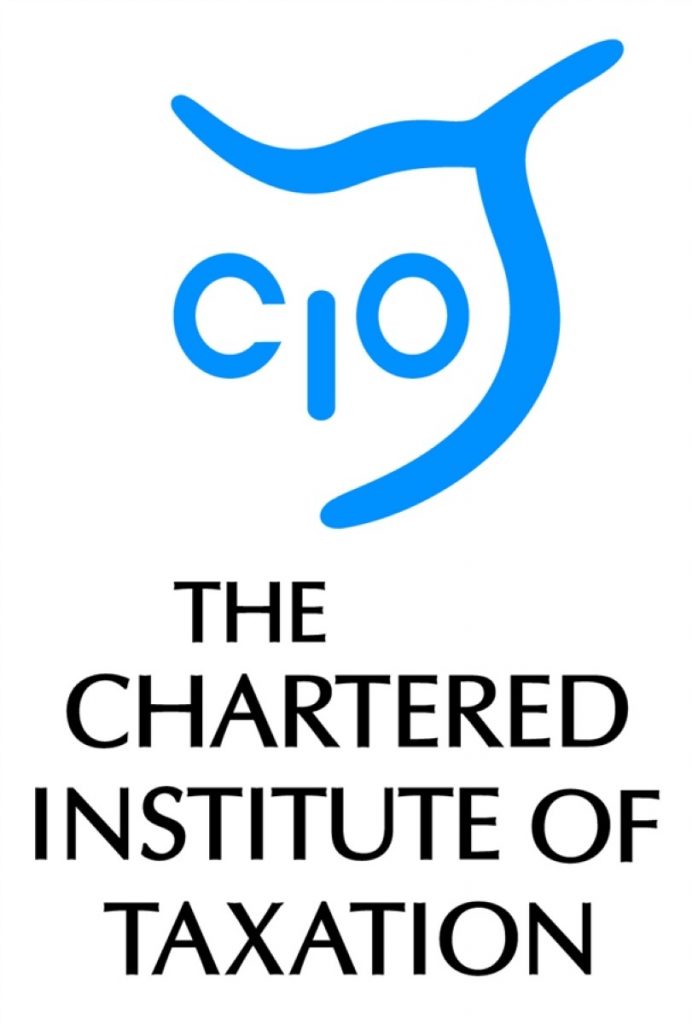CIOT: ‘Real Time Information’ requirements must allow for those unable to file online
Tax campaigners are pressing HM Revenue and Customs (HMRC) for assurances that new obligations on employers to provide ‘Real Time Information’ (RTI) to the tax authorities will not penalise those who lack the means to file this information electronically.
Under RTI, information about tax and other deductions under the Pay As You Earn (PAYE) system is required to be transmitted to HMRC by the employer on or before each time an employee is paid – even if this is daily or at irregular times. HMRC began piloting RTI in April this year, with a group of around a dozen employers who volunteered to take part in an initial pilot. All employers will be required to submit information using RTI by October 2013.
In a response to HMRC’s consultation document on RTI penalties, the Low Incomes Tax Reform Group (LITRG) say:
HMRC risk reputational damage if they penalise those not in a position to file online
The issue of RTI penalties being used as a revenue raiser is a major concern
HMRC should not apply any penalties in the first full year and for smaller employers should adopt a ‘light touch’ approach to the application of penalties in the new system’s second year
An overly aggressive penalty regime for late filing could lead to employers submitting less accurate returns
LITRG’s chairman, Anthony Thomas, said:
“The requirement to provide PAYE information in ‘real time’ will lead to substantial difficulties for many small employers. Penalties for those who fail to comply must be proportionate and the penalty framework simple. The regime must give employers time to get used to the obligations of RTI and this is likely to take a minimum of two years. It is vital that no penalties are charged at all in the first year and HMRC should adopt a ‘light touch’ approach to the application of penalties in the following year.
“The penalty system should be used to encourage compliance and educate employers, rather than as a revenue-generating machine. I welcome HMRC’s statement that this will be the case but they need to follow through on it.
“Special consideration must be given to those who are ‘digitally excluded’. HMRC need to provide more information about how they will deal with the small number of employers who will be allowed to submit RTI ‘returns’ on paper. In addition to these employers, we are concerned that there are other genuinely digitally excluded employers, who, despite help from HMRC’s ‘Assisted Digital’ package, might still fail to get online. Penalising these people would achieve nothing bar encourage other non-compliance and result in reputational damage for HMRC.
“HMRC’s new sub-group for digitally excluded employers must consider these issues in detail and arrive at realistic solutions and we very much are looking forward to participating in those discussions.”
Notes to editors
The full LITRG response is available on request.
In May 2012 LITRG published a report (www.tax.org.uk/Digital_Exclusion) highlighting the growing problem of ‘digital exclusion’ and showing that government efforts to move services and transactions online are disadvantaging older people, those with disabilities and the self-employed in particular. Research conducted for the report found that digital exclusion is prevalent among small businesses and the self-employed. The proportion of those with disabilities who work and are self-employed is higher than in the general population. A significant minority of micro businesses are run by older people.
The Low Incomes Tax Reform Group (LITRG) is an initiative of the Chartered Institute of Taxation (CIOT) to give a voice to the unrepresented. Since 1998 LITRG has been working to improve the policy and processes of the tax, tax credits and associated welfare systems for the benefit of those on low incomes.
The CIOT is a charity and the leading professional body in the United Kingdom concerned solely with taxation. The CIOT’s primary purpose is to promote education and study of the administration and practice of taxation. One of the key aims is to achieve a better, more efficient, tax system for all affected by it – taxpayers, advisers and the authorities. The CIOT’s 16,500 members have the practising title of ‘Chartered Tax Adviser’ and the designatory letters ‘CTA’.
George Crozier
External Relations Manager
D: +44 (0)20 7340 0569
M: +44 (0)7740 477374
The Chartered Institute of Taxation
Registered charity number 1037771
www.tax.org.uk
The Association of Taxation Technicians
Registered charity number 803480
Registered company number 2418331
VAT Registration Number 497 5390 90
www.att.org.uk
Low Incomes Tax Reform Group – an initiative of the Chartered Institute of Taxation
www.litrg.org.uk
1st Floor, Artillery House, 11-19 Artillery Row, London SW1P 1RT





-01.png)